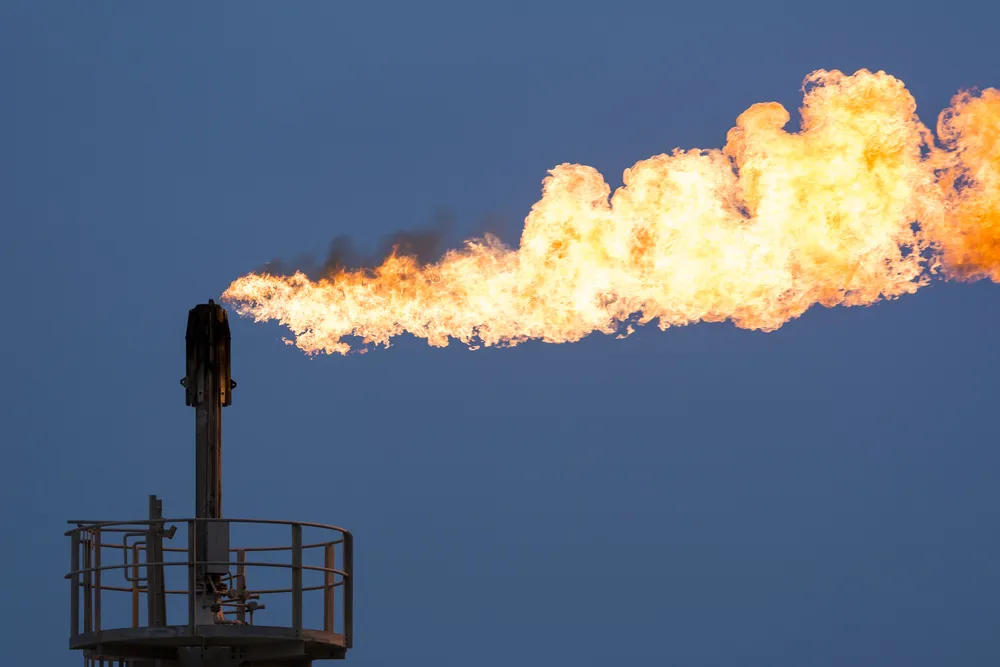

This course concentrates on the methods that can be employed in the drilling optimization process, including improvement of any specific parameters: effectiveness, cost, and risk. Participants will access knowledge on advanced technologies, real time surveillance and best practices for drilling optimization and wellbore integrity enhancement in the course of oil and gas operations.
Despite being a critical process in the offshore industry, drilling is sometimes taken for granted due to its time-consuming nature. Non-productive drilling time, however, is even worse as it represents the most significant form of time wastage. With the ability to optimize drilling performance, these issues can be improved. Drilling demystifies the need for a short-sighted approach in identifying optimization measures, using KPIs for gap analysis, data management, subsurface uncertainty acquisition, risk mitigation, assessment, and planning of drilling technologies and trends.
The rise in oil prices was disrupted by the development of fracking and enhanced oil recovery. Due to the challenges faced by several large oil producers, it became imperative for engineers to improve the drilling process to reduce non-productive time and cut production costs.
In today's world, without focusing on time parameters chronicling drilling operations such as comparison, analysis, and adjustments, success is unlikely. The application of these technologies is critical for engineers in optimizing oil well drilling.
At the end of this Techniques for Drilling Optimization course, participants will:
Unit 1: Drilling and Well Engineering Design Parameters:
Unit 2: Drilling Optimization:
Unit 3: Quantitative Risk Assessment:
Unit 4: Well Engineering Design and Construction Optimization:
Unit 5: Drilling Optimization Tools and Technologies:
Upon completing this course in drilling optimization techniques, delegates will become skilled drilling optimization engineers, capable of implementing modern technologies and methodologies to improve drilling processes, elevating industry standards.
Invalid mobile number. Please enter a valid number.
















